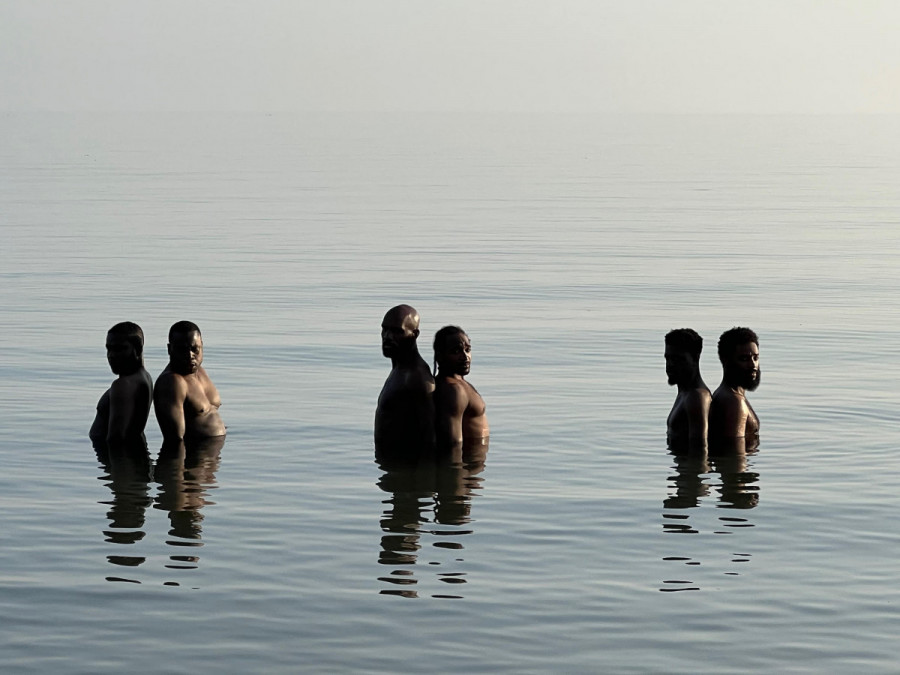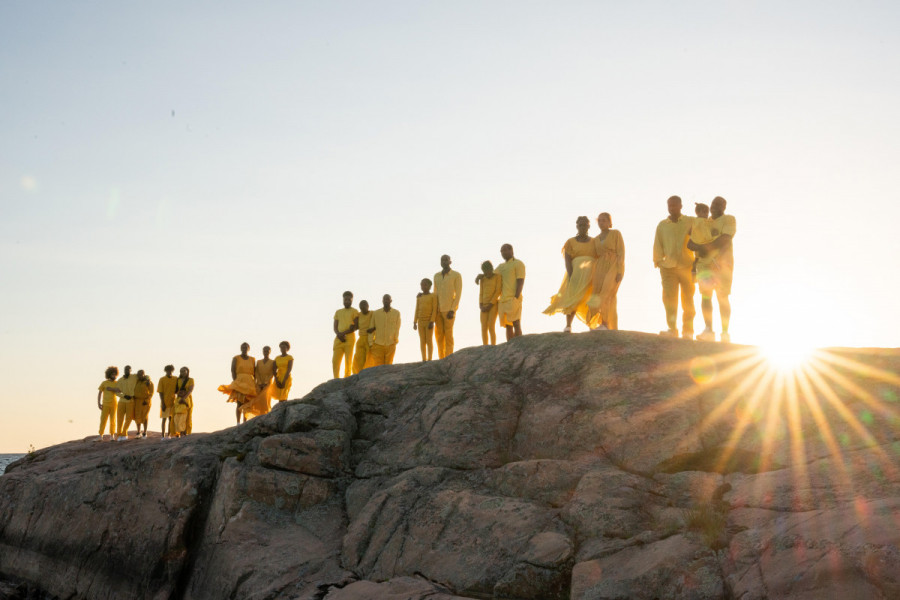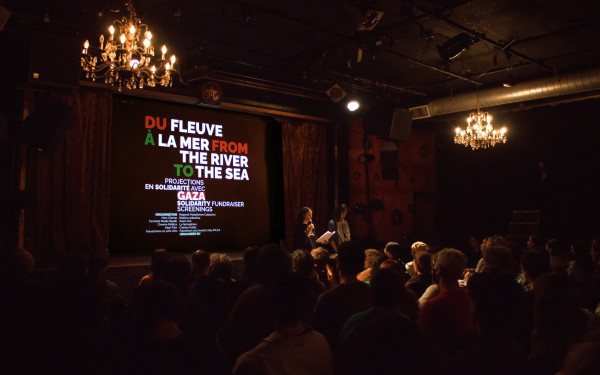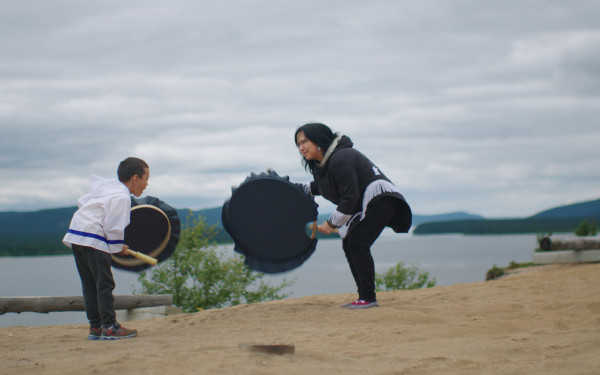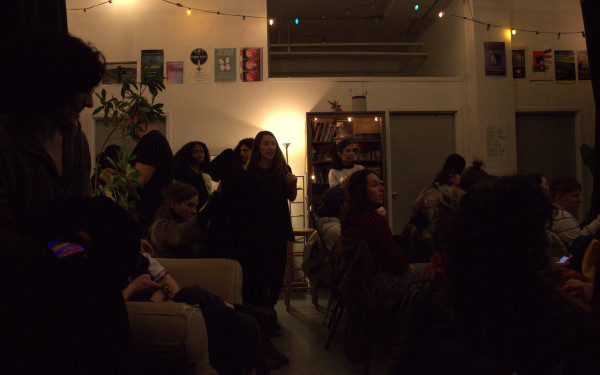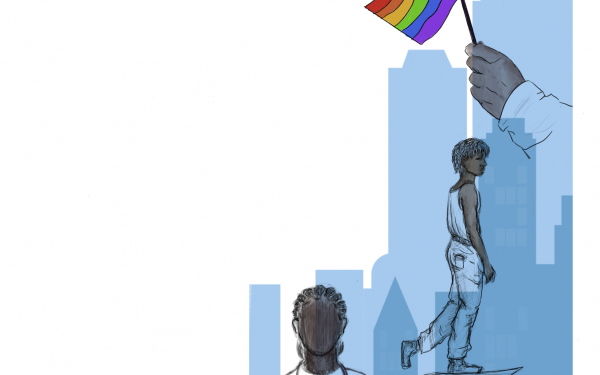BLACK LIFE: UNTOLD STORIES: Honouring elders and preserving history
Eight-episode docu-series on Black Canadian history to be released on CBC Gem
Produced by Canadian filmmaker Leslie Norville, BLACK LIFE: UNTOLD STORIES is an eight-part historical documentary series detailing parts of Canadian history that often go untold. The docu-series will air on Oct. 18 on CBC Gem.
Gabrielle Free, the spokesperson for the studio behind the series (Studio 112 & Northwood), emphasizes the content of the second episode as it is related to Concordia University. “I think the entire series would be of interest to [Concordia students], but of particular interest would be the “Revolution Remix” episode, which focuses on the Sir George Williams Affair, with rare footage of Concordia from the 1960s,” Free said.
“The series spans more than 400 years, with an eye towards contemporary issues, music, policing, Black liberation, immigration, culture and sports,” Free added.
All eight episodes explain different aspects of Black Canadian history through different periods. Additionally, each episode has its own directors—most of them Canadian and all of them part of the Black community.
The Link was granted access to the first two episodes.
The first episode, “Haven, But No Heaven” is directed by Alicia K. Harris, a Canadian filmmaker. It delves into the history of Canadian slavery, breaking the fantasy that many Canadians have about slavery only happening in the United States. Historical documents, reenactments, and testimonies from experts all help tell the story.
Throughout her Canadian education, Norville did not hear about Canadian slavery or Canada’s history of colonialism. “It saddened me that it took me [embarking] on this project to learn about this history,” said Norville.
Norville was thrilled to take on this project, eager to delve into the history and perspective of Black Canadians. “I had been thinking for a while about doing a project on Black Canadian history, and because that’s how the world works, a friend of mine (Nelson George) connected me with his mutual friend Miranda de Pencier, who ended up being my producing partner. [...] She’s just amazing and made lots of projects with the CBC [...] From there we pitched the idea to CBC back in 2019 and the rest is history”, said Norville.
As Norville and her team were gathering information, going through archives and researching, she was surprised at the number of stories she had never heard.
The second episode, “Revolution Remix,” directed by Haitian-Canadian director Michèle Stephenson, touches home for Concordia students as it recounts the story of racist professor Perry Anderson and the Sir George Williams affair.
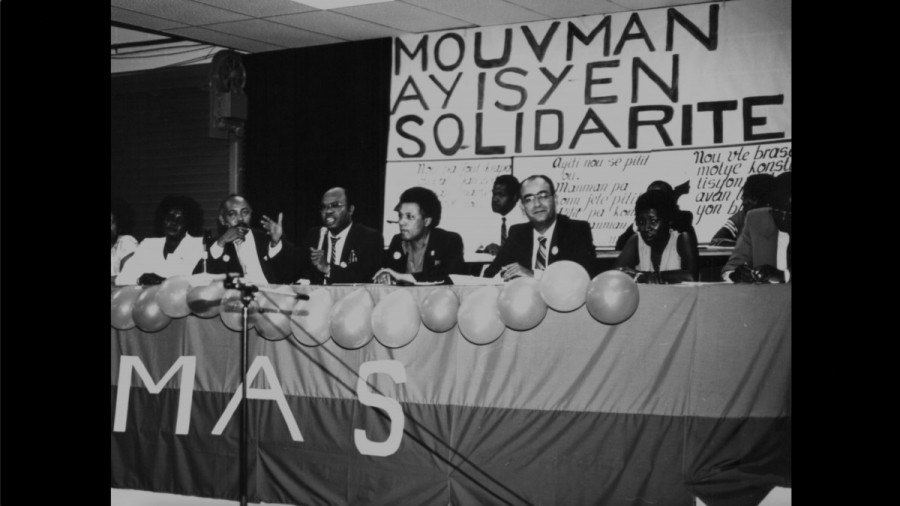
The Sir George Williams affair refers to the mistreatment and racism Black students faced at Concordia in the late 1960s, and the peaceful protests and sit-ins that Black students held in response to the unfair grading from Anderson. The university called the police on the students, resulting in violence against them, arrests and, in multiple cases, deportation.
“One of the things I think people don’t realize [about the Sir George William affair] is that what happened in the ’60s at Concordia still had long-lasting repercussions for the Black students that participated in the sit-in”, Norville said.
Through captivating National Film Board of Canada archival footage of Montreal in the 1960s and the story being told by then-students who were present at the time of the events, the episode was tinted in black and white. Stephenson explained that the stylistic choice was made to immerse the audience in the atmosphere of those days. The episode is not only visually stunning but tells a story every Montrealer should know.
“The episode (“Revolution Remix”) was an occasion to pay respect and honor the elders that were there and fought for civil rights,” Stephenson said.
There were so many more stories that both Norville and Stephenson agreed were left untold, either in the series as a whole or in the “Revolution Remix” episode, as they could only fit so much in eight hours.
“I was shocked that the contribution of women in the movement had very little documentation [...] I tried to make sure that the sacrifices of both men and women were represented in the episode,’’ Stephenson said.
Both Norville and Stephenson expressed how the civil rights movements of the ‘60s are always associated with the United States, while Canada had a unique social environment and also participated in many liberation movements.
“As a Canadian, my history is acknowledged,” Norville said. Stephenson shared the same feeling as her colleague, saying, “We are the moral compass of what it means to be Canadian.”
Stephenson offered advice to Concordia students after directing her episode and having done extensive research: Don’t underestimate the power of archiving. “I am challenging the students of today to properly document and archive what is happening around them,” Stephenson said.
Norville knows that history documentaries can have the reputation of not being very stimulating for the viewer, but that it shouldn’t deter viewers from watching. “Although it is a docu-series, it is not your typical boring one like the ones you see in school,” said Norville, laughing. “It is cinematic and tells so many different perspectives.”
BLACK LIFE: UNTOLD STORIES, the first four episodes will air on CBC on Wednesday, Oct. 25.
